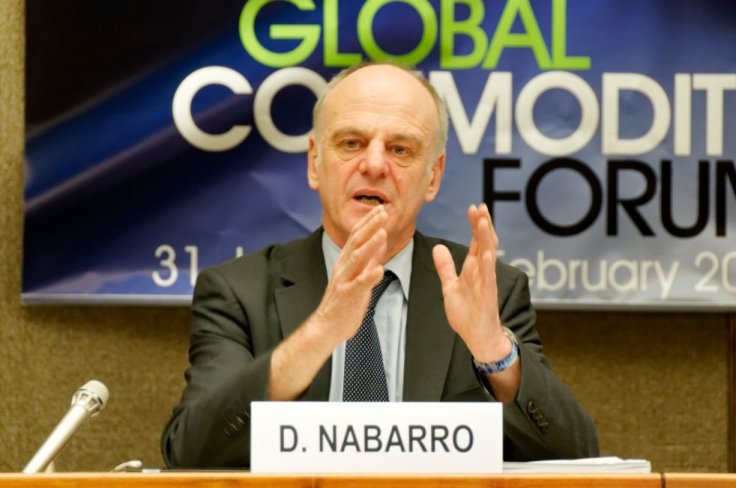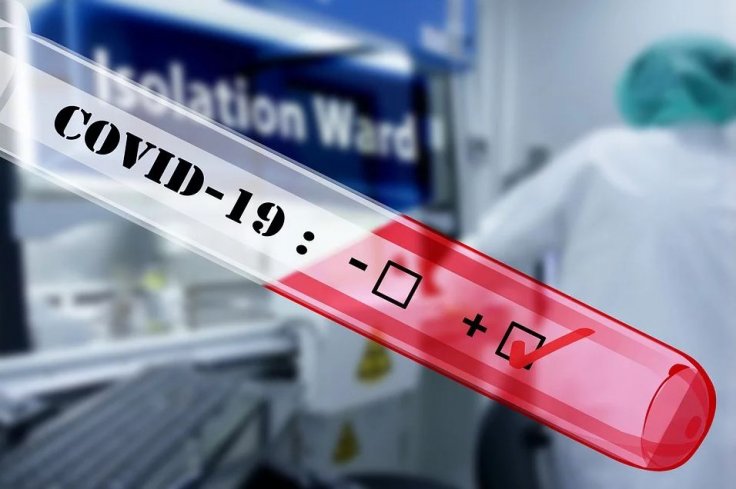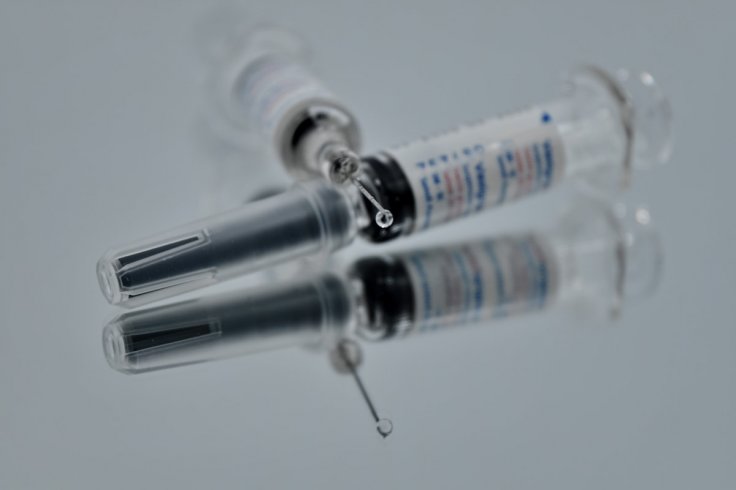The whole world is waiting with bated breath to hear that a vaccine against COVID-19 is finally ready. However, a leading expert on the coronavirus infection warns that there is no assurance of a successful vaccine emerging.
David Nabarro, an envoy for the World Health Organisation on COVID-19 and professor of global health at Imperial College London, said that people across the world will have to learn to live with the looming threat "for the foreseeable future"
"You don't necessarily develop a vaccine that is safe and effective against every virus. Some viruses are very, very difficult when it comes to vaccine development," Nabarro told The Observer.
Adapting to a life with the virus

Nabarro emphasized that life will have to adapt to the new conditions that the virus has presented us with. "So for the foreseeable future, we are going to have to find ways to go about our lives with this virus as a constant threat," said Nabarro.
He stressed that continuous vigilant measures such as isolating suspected cases who display symptoms of the disease, along with their contacts, will be essential. He also added, "Older people will have to be protected. In addition, hospital capacity for dealing with cases will have to be ensured. That is going to be the new normal for us all."
Second warning in the past few days

The envoy's warning is not the first one from WHO to make headlines this week. On Friday, Maria van Kerkhove, head of WHO's emerging diseases and zoonosis unit, said at a press conference that antibody tests cannot conclusively shed light on immunity against the disease. "Right now, we have no evidence that the use of a serological test can show that an individual has immunity or is protected from reinfection," said Kerkhove.
She said that while the tests can measure the level of antibodies in the body, it is not sufficient to conclude that those with antibodies are immune to COVID-19. "These antibody tests will be able to measure that level of seroprevalence - that level of antibodies but that does not mean that somebody with antibodies means that they are immune," highlighted Kerkhove.
Several countries across the world have pinned their hopes on rapid diagnostic serological tests to measure immunity and explain reinfection. However, evidence to support its employment for the purpose requires substantiation she cautioned. "We need to ensure that they are validated so that we know what they say they attempt to measure they are actually measuring," she said.
Vaccine trials underway

Nabarro's warning comes at a time when several vaccine trials are already underway. Recently, researchers from the University of Oxford announced that they are set to begin human trials this week. They said that they aim to make at least a million doses available by September.
Last week, it was reported that China had approved early-stage testing of two possible vaccines on humans. The vaccines have been developed by the biopharmaceutical company, Sinovac Biotech Ltd.
On April 6, US-based Inovio Pharmaceuticals announced that the Food and Drug Administration (FDA) had approved a vaccine developed by the company for a study in 40 healthy volunteers in Philadelphia and Kansas City, Missouri. Last month, the trial of a vaccine developed by Moderna Inc and the National Institutes of Health (NIH) began among candidates selected from the city of Seattle.









